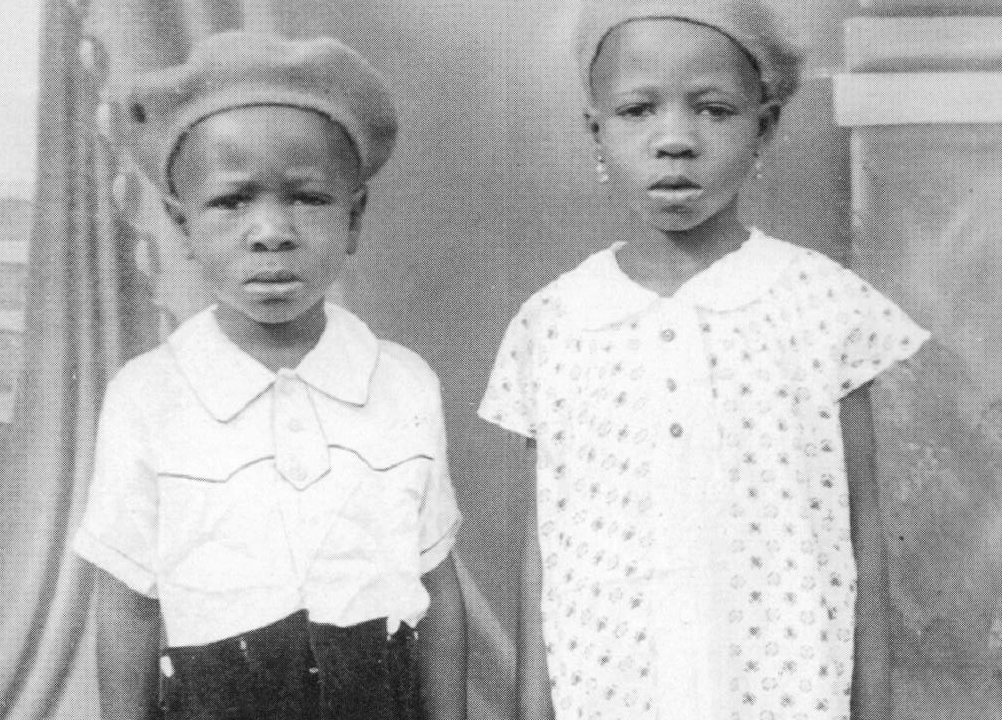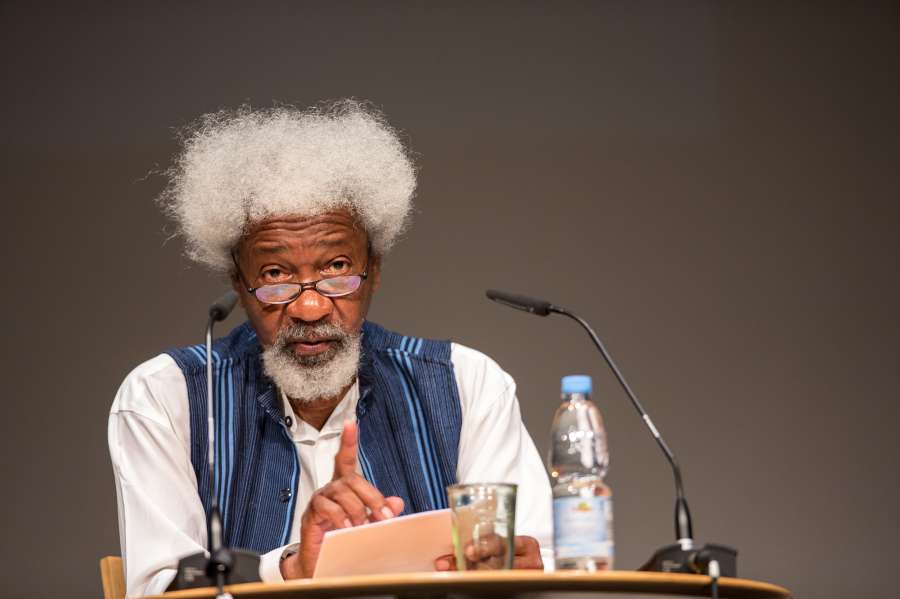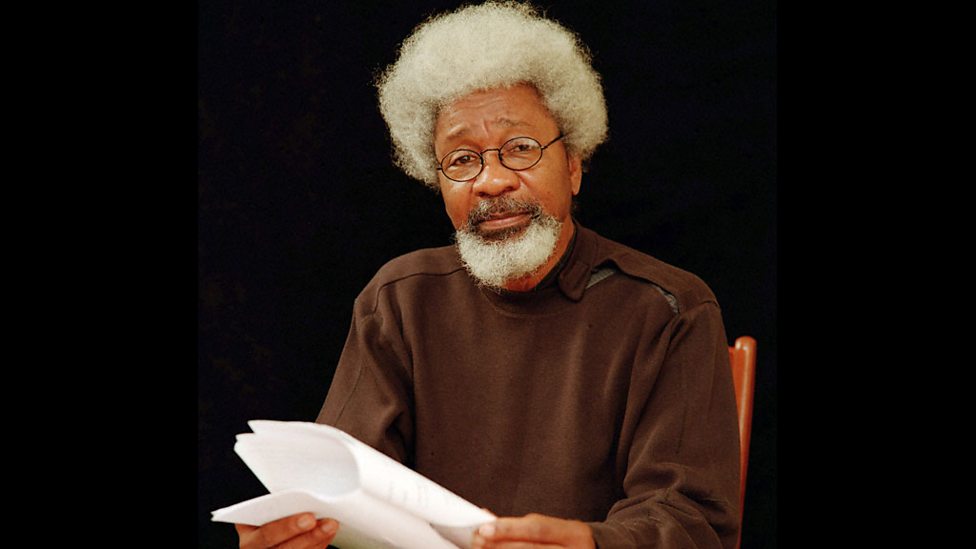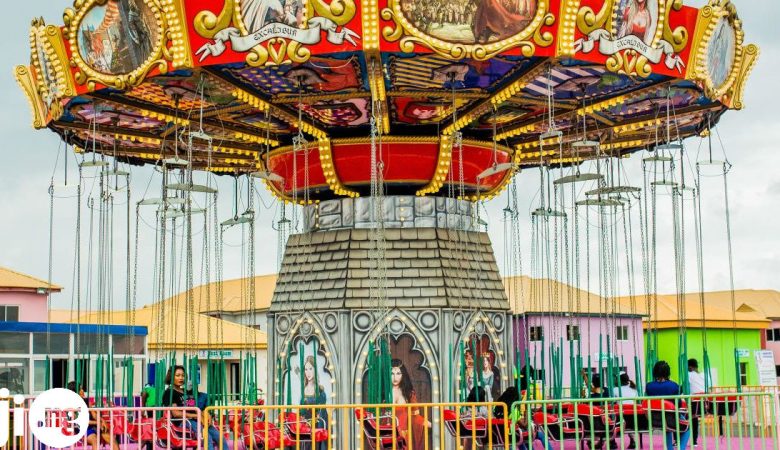Nigeria has thousands of personalities to be proud of, and Wole Soyinka is probably the first one that jumps to mind. Who is Wole Soyinka? An acclaimed writer, poet, and playwright, a Nobel Prize laureate, Wole Soyinka is the person who helped popularize the Nigerian culture across the world. Find out more about Professor Wole Soyinka right now!
Shop popular and latest books on Jiji
1. Wole Soyinka biography
Mr. Soyinka is one of the best known living literary workers and he’s been around for ages, which is why many of his fans are wondering: how old is Wole Soyinka? Wole Soyinka age is not a secret at all: the future writer was born on July 13, 1934, which makes him 83 years old as of 2017.
The history of Wole Soyinka started in Abeokuta, Ibadan, western Nigeria, when he was born to a minister father and a shopkeeper mother. From an early age Wole had a passion for learning and bombarded his family with questions about everything around him.

After getting secondary education in Nigeria, he moved to England to pursue a degree in English literature, where he also worked in a university magazine. His first serious literary attempts happened in the late 1950s with a play called “A Dance of the Forests”.
In the 1960s he returned to Nigeria, where he continued to write while also being a political activist. The history of Professor Wole Soyinka has been a whirlwind: there were arrests, international recognition, three marriages, dozens of critically acclaimed works, and, of course, a Nobel Prize in literature. The Wole Soyinka Nobel speech included the topics of how the past and the present function together.

2. Books written by Wole Soyinka
Wole Soyinka has proved to be a very productive author: since the start of his writing career in the late 1950s, Professor has penned dozens of plays, two novels, eight poetry books, and a number of essays. Mr. Soyinka has also worked as a translator. He mostly writes plays in Yoruba language, but uses English for prose. Here are the most significant Wole Soyinka books.
1. The Interpreters (1964)
It’s quite a challenge to give a summary of The Interpreters by Wole Soyinka simply because there is no unified plot – instead the story focuses on the lives of six young Nigerians who returned to the country after receiving education abroad. The Interpreters follows the lives of those young Nigerian intellectuals as they get accustomed to the life in new Nigeria.
2. Abiku
The poem Abiku isn’t the most famous one of the Wole Soyinka poems abroad, but it has a special meaning for every Nigerian familiar with Soyinka’s works. Abiku by Wole Soyinka touches on the topics such as life and death, as well religion in the lives of Nigerians.
3. The Lion And The Jewel (1959)
The Lion And The Jewel was the first play written by Soyinka after the return to Nigeria. In this work he discusses the conflict between the old and the new – a topic that was especially relevant for the mid-20th century Nigeria.
4. Madmen and Specialists (1970)
Upon reading Madmen and Specialists, readers often find the play too pessimistic, but everything becomes clear when you remember the circumstances in Nigeria at the time, including the civil war, which was the foundation for the play’s main topic – the fight between the good and the evil.
5. The Beatification of Area Boy (1996)
One of the latest works released by Wole Soyinka is a 1996 play that is centered around a traditional wedding between two Nigerian families while also depicting the life in the streets of Nigeria in the late 20th century.

3. Wole Soyinka quotes
Throughout his glorious career Wole Soyinka has produced a number of memorable quotes that are often retold from reader to reader. Check out the most famous ones below.
-
And I believe that the best learning process of any kind of craft is just to look at the work of others.
- Intolerance has become, I think, the reigning ideology of the world today, the intolerance versus intolerance and it’s taken on lethal proportions.
- Religion has really spawned some monsters. It always has, historically.
-
I love beauty. But I like the beauty accidentally, not dished up, served up on a platter.
-
I am convinced that Nigeria would have been a more highly developed country without the oil. I wished we’d never smelled the fumes of petroleum.
Achieve more with the Jiji app










